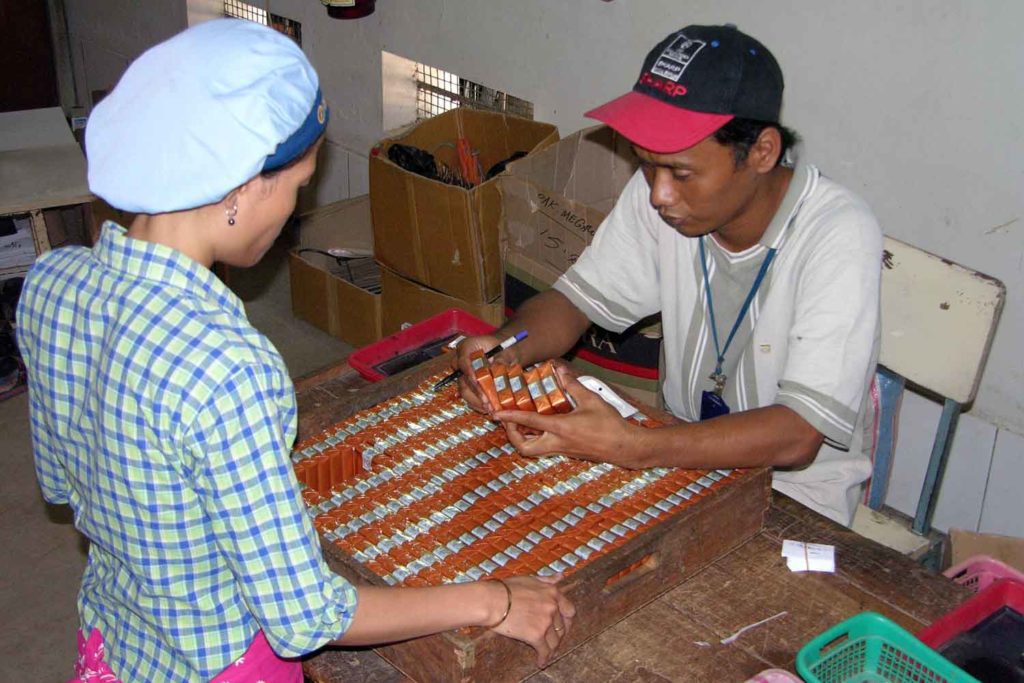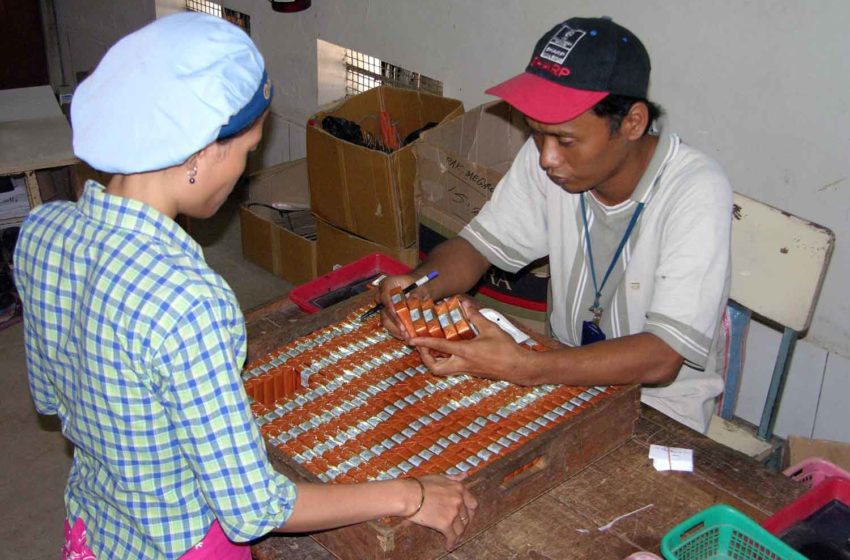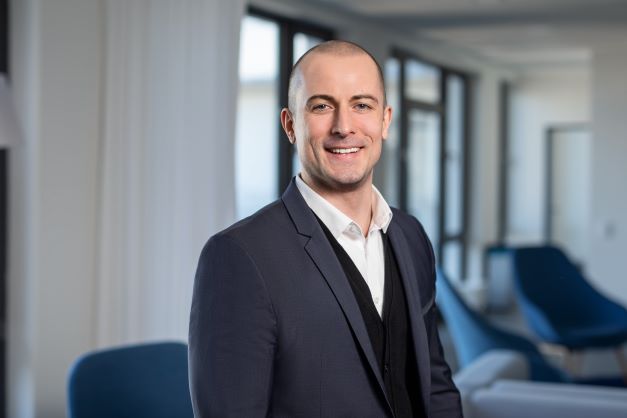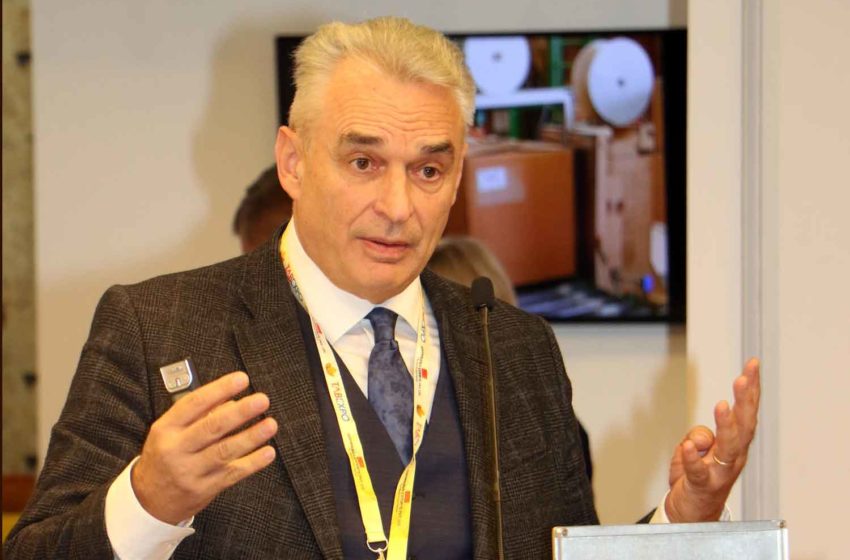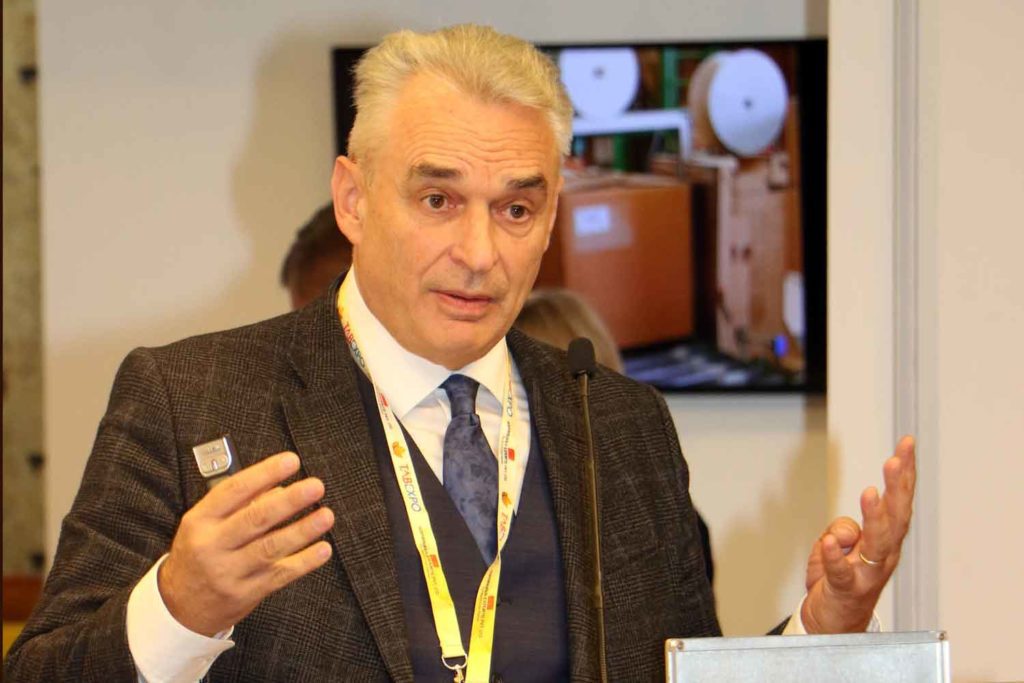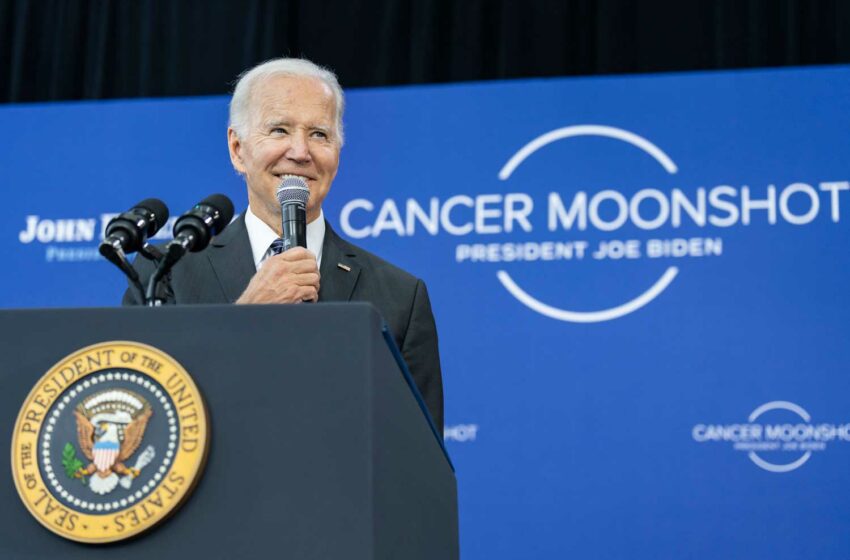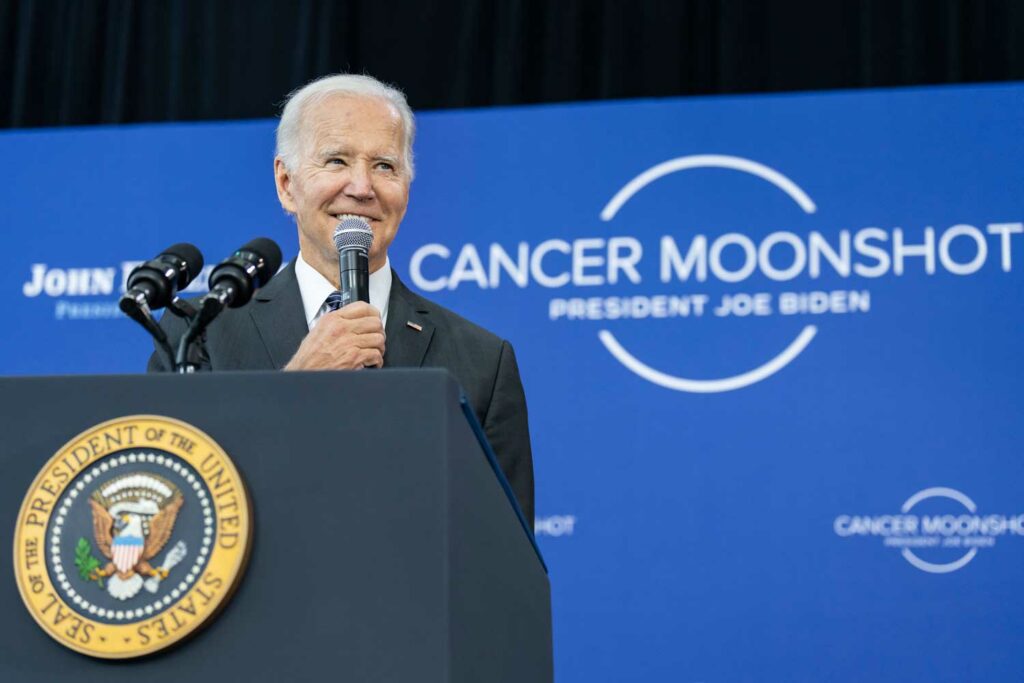BioBetter has opened its first food-grade pilot facility to accelerate the production of key growth factors for the cultivated meat industry. The company has pioneered a unique protein manufacturing platform for producing growth factors (GFs) using tobacco plants as self-sustained, animal-free bioreactors.
“Cultivated meat is still very expensive in comparison to conventional meat and the key is to reduce the growth medium costs to a minimum,” said BioBetter CEO Amit Yaari in a statement. “Our target is to reduce the production cost of growth factors, including insulin, a key part of the growth medium, to $1 per gram which is a 100-fold less than the going rate today.”
BioBetter uses tobacco plants to produce the GFs that play a key role in the proliferation and differentiation of cultured meat cells. This, in turn, allows for the formation of authentic and well-structured muscle tissue.
Designed for both environmental safety and efficiency, these bioreactors will be grown in a large-scale, net house cultivation system. The plants are carefully engineered to prevent the escape of any transgenic material. They are induced to express growth factors only when chemically triggered, and the company exclusively uses non-food, non-feed tobacco plants to eliminate any risk of inadvertent consumption or cross-contamination of food crops.
“Our holistic approach not only underscores our commitment to safety and environmental responsibility but also streamlines regulatory processes,” says BioBetter co-founder Dana Yarden. “Our commitment to sustainability shines through in every facet of our operations. We plan to use recycled and low-quality water for irrigation, minimize nitrogen fertilizer use, and reduce emissions and environmental impact.”
The newly established pilot plant has the capacity to process 100 kg of tobacco plant-derived GFs daily. Constructed in adherence to the highest quality standards, the facility meets all regulatory requirements for production of food-grade growth factors, including FGF2 and insulin. It currently is progressing through essential stages of securing approval from the Ministry of Health for food manufacturing licensing. The company is committed to scalability, adhering to ISO2200 and HACCP standards.
“We more than doubled our workforce from 23 to 50 workers to advance all aspects of production, cultivation, and R&D,” says Yaari. “We stimulate the commercial aspirations of cultivated meat start-ups and the pilot plant signifies a substantial step toward the company’s next growth stage in 2025: the capacity for processing 25 tons of leaves daily, reaching commercial production of five tons annually by the end of 2025.”
BioBetter also made breakthroughs in the cultivation of bovine insulin-expressing plants. Several thousand square meters of FGF2-expressing tobacco plants are already thriving in northern Israel. It’s the first time growth factor sources have been successfully planted in large net-houses, in four locations, and with a fruitful harvest obtained in its first season. Plans are underway to cultivate more FGF2 and insulin-expressing plants, with commercial roll-out projected for 2024.
“Over the past year, our outreach and collaborations expanded considerably,” says Yarden. “We’ve shared GF samples with numerous cultivated meat companies and cell media producers worldwide and received promising proof-of-concept results for both our FGF2 and insulin from several companies and academic laboratories.”
The $250 million global cultivated meat sector is poised for substantial growth, yet its realization hinges upon a significant supply of growth factors.
“The most significant challenge of the cultivated meat industry is to produce and scale up at the right cost,” notes Aviv Oren, director of business engagement and innovation at the Good Food Institute in Israel. “Biobetter’s technology, which is based on molecular farming of food-grade growth factors in the required quantities and costs for industrial production, is a pivotal addition that has the potential to accelerate this industry. We are following BioBetter’s progress and hope that its products will soon reach the market.”
In 2022, BioBetter secured $10 million in A-round investment led by Jerusalem Venture Partners. The company also is an active member of the Israeli Cultivated Meat Consortium, which unites academic institutions, large companies, and start-ups to collaboratively advance the field of cultivated meat.
